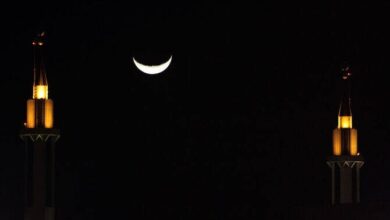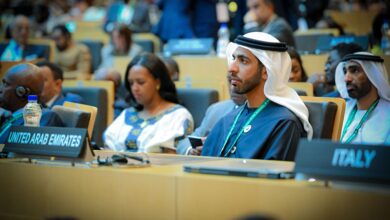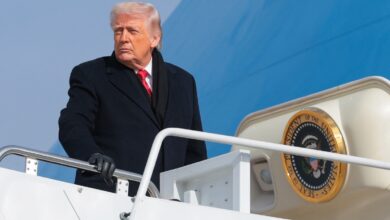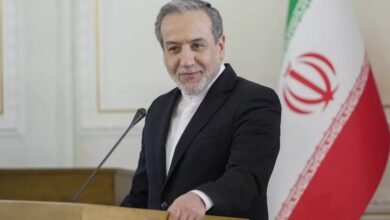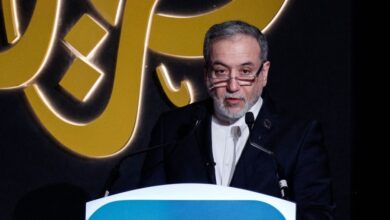Lebanon at the crossroads, Hezbollah’s defiance pushes Beirut on collision course
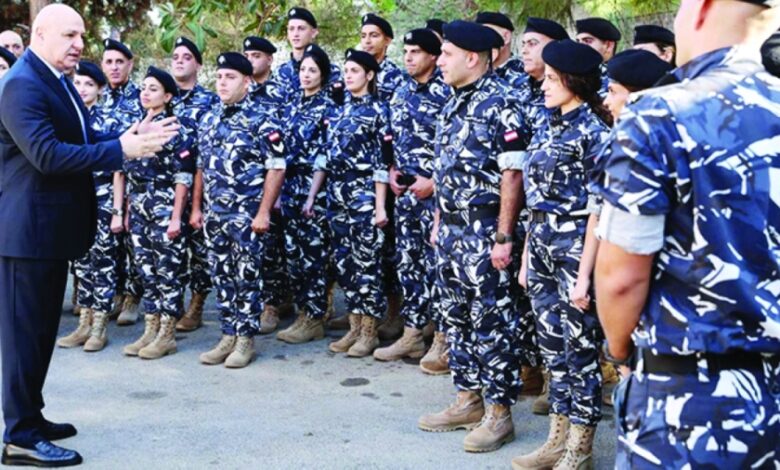
Lebanon has entered a dangerous political emergency after Hezbollah’s deputy leader, Sheikh Naim Qassem, issued an explosive warning against the government’s decision to disarm the group. His defiant speech has heightened fears that the “Land of the Cedars” is heading toward a “major collision” — caught between the permanent Israeli threat of war and Hezbollah’s vow of a “Karbala-like battle” at home to protect its arsenal.
The tensions escalated following the high-profile visit of Iran’s Supreme National Security Council chief, Ali Larijani, to Beirut. His rhetoric, seen as a call to “rise up” against U.S. envoy Thomas Barrack’s disarmament proposal, was quickly echoed by Qassem.
In a fiery address, the Hezbollah figure declared that the government of Prime Minister Nawaf Salam was implementing “an American-Israeli order to end the resistance — even if this leads to civil war.”
The government had announced plans to transfer Hezbollah’s weapons to the Lebanese Army by the end of the year, with an implementation framework expected by close August. Qassem’s response, however, stripped away any maneuvering space. Hezbollah, he insisted, will not abandon its weapons — framing disarmament as an existential threat.
Qassem went further, crystallizing Hezbollah’s stance with stark terms: “Lebanon has no life if you stand on the other side and try to confront and eliminate us. Either we remain together, or Lebanon has no future.” Analysts interpreted this as Hezbollah’s readiness for “mutual suicide” if the government insists on proceeding.
For Hezbollah’s opponents, Qassem’s remarks revealed that the party’s arms are no longer directed primarily against Israel but now serve as “protective weapons” against Lebanon’s own state institutions.
Iran’s hand is clearly visible. Weakened by its bruising 12-day confrontation with Israel and the U.S., Tehran appears to be hardening its regional proxies, from Iraq’s militias to Hezbollah, even as it explores renewed nuclear negotiations. Iranian Ambassador to Beirut Mojtaba Amani reinforced this alignment, declaring that “American pressure will not break Lebanon and its resistance” and pledging Tehran’s steadfast support.
Analysts now see three possible outcomes for Lebanon:
- Internal conflict — a civil war scenario Hezbollah has tacitly embraced.
- Collapse and isolation — if the government halts disarmament, leaving Lebanon abandoned by the international community.
- Renewed Israeli war — as Tel Aviv warns it will strike Hezbollah infrastructure to prevent future threats.
Indeed, Israeli Defense Minister Yisrael Katz confirmed fresh strikes on Hezbollah targets in southern Lebanon, warning that Beirut bears direct responsibility for enforcing sovereignty.
Prime Minister Salam struck a firm tone, rejecting Hezbollah’s intimidation: “Threats of civil war are forbidden. No Lebanese today wants to return to civil war. The state alone must control weapons, as agreed since Taif.”
President Joseph Aoun, preparing a key address, has also emphasized full support for Lebanon’s security forces. Meanwhile, a broad anti-Hezbollah front has emerged. Lebanese Forces leader Samir Geagea and five former prime ministers jointly condemned Qassem’s “direct threat to constitutional institutions” and backed the government’s disarmament stance.
The crisis underscores Lebanon’s stark dilemma: proceed with the boldest attempt since the Taif Agreement to reassert state sovereignty, or retreat under Hezbollah’s pressure. Either path carries immense risks.
As one opposition leader put it, “We are at a founding moment. Either Lebanon reclaims itself, or it surrenders to the logic of militias forever.”
Follow The Times Kuwait on X, Instagram and Facebook for the latest news updates







